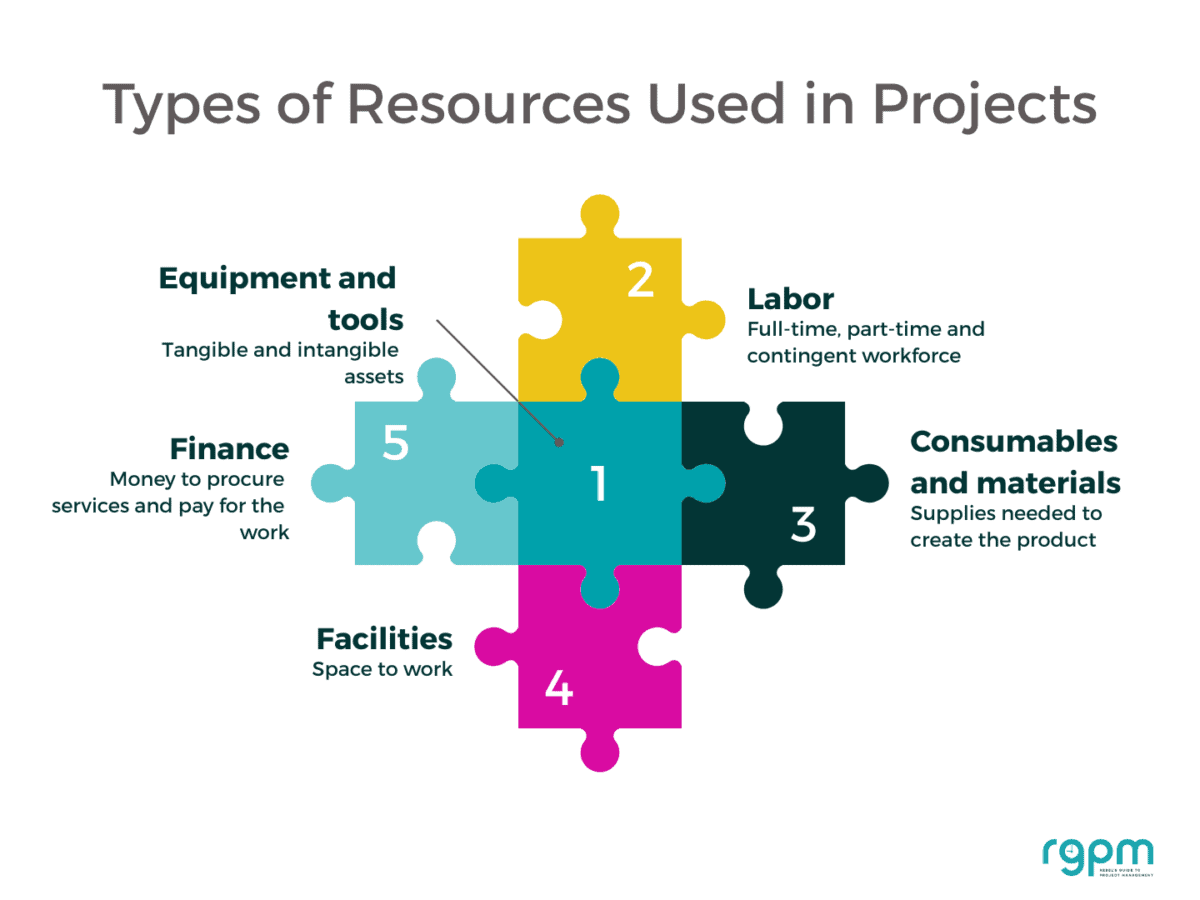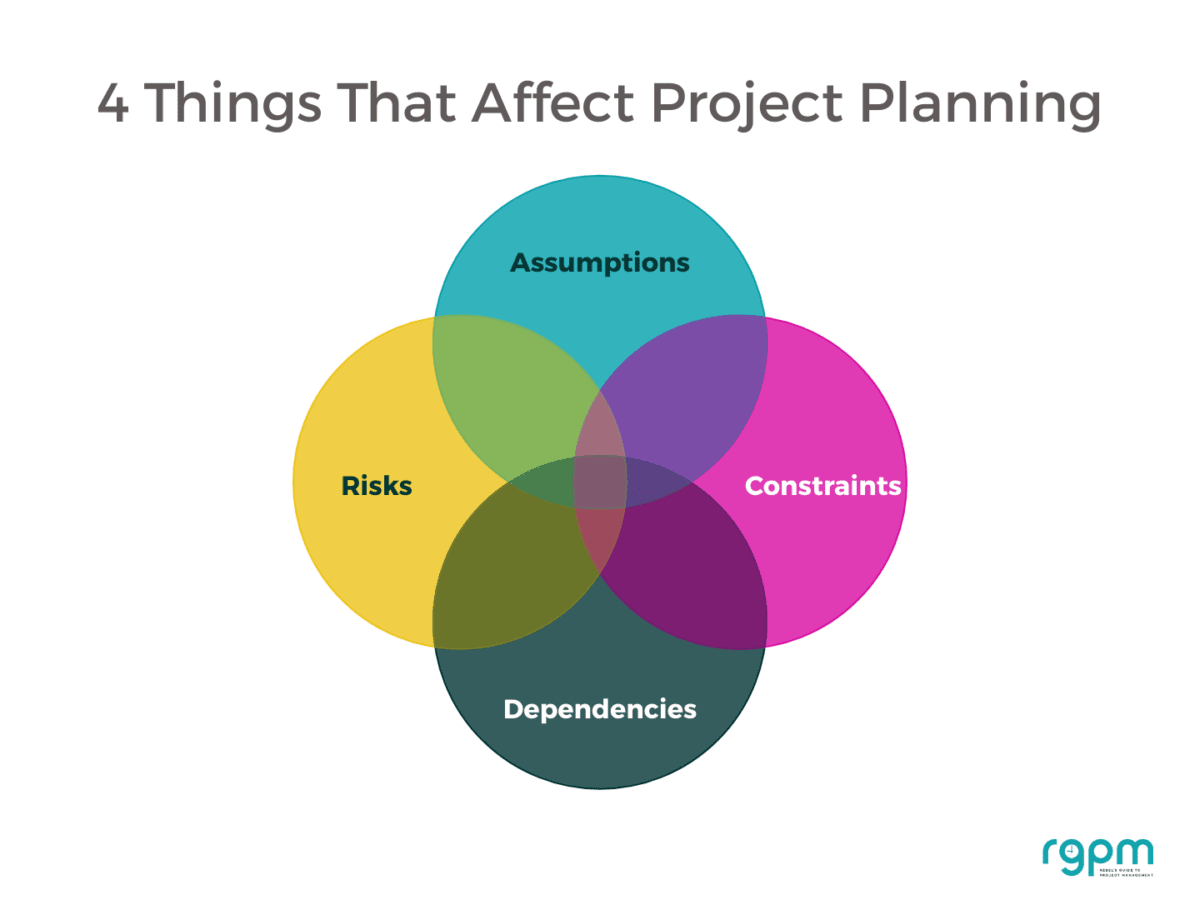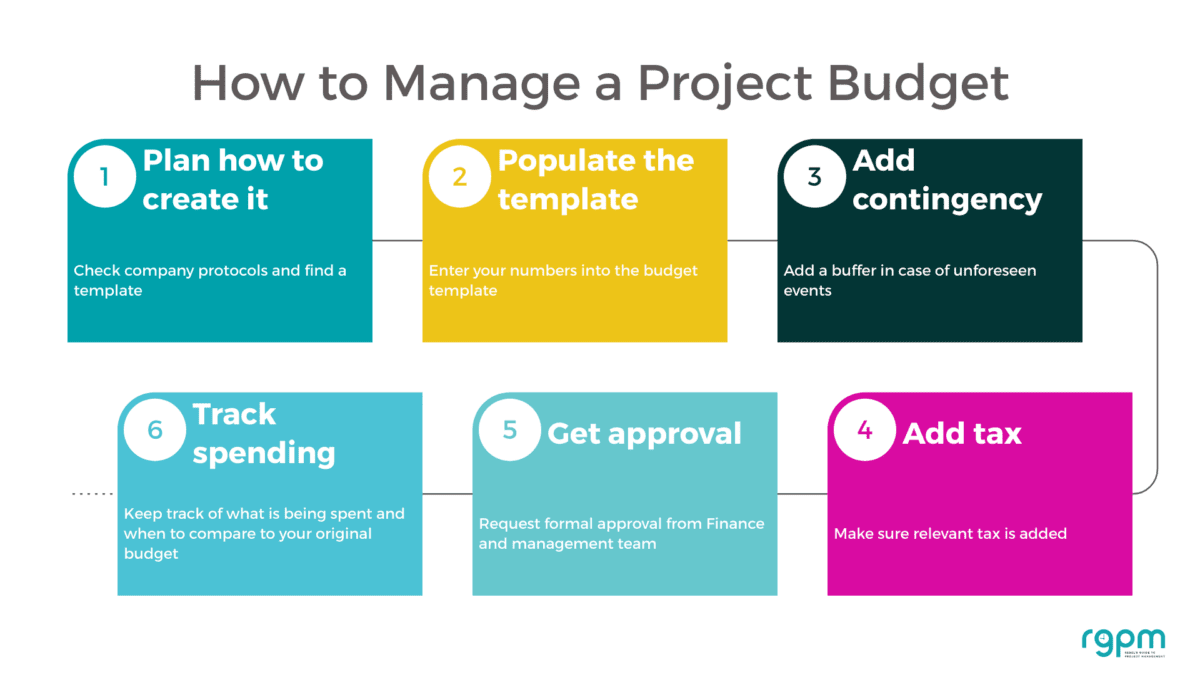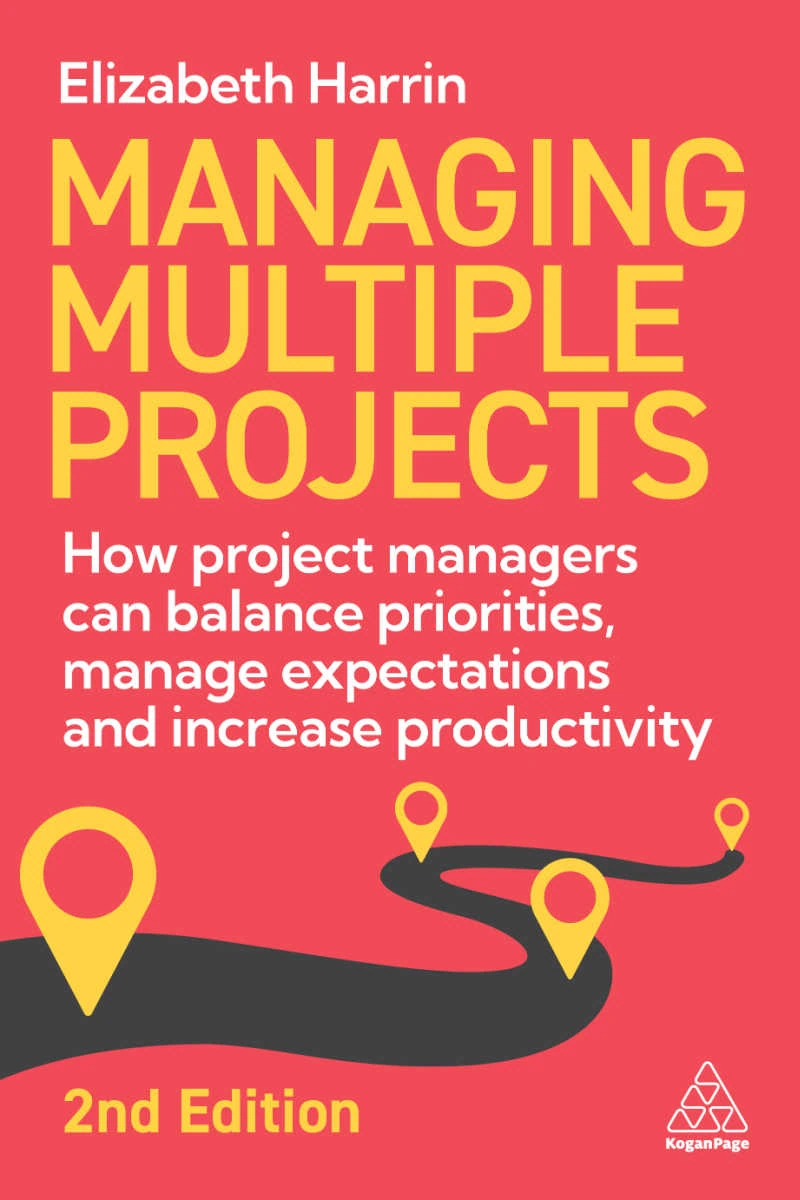5 Common Roadblocks on Projects (And What To Do About Them)
This blog is reader-supported. When you purchase something through an affiliate link on this site, I may earn some coffee money. Thanks! Learn more.
Getting a project over the line and delivering what you set out to do – it’s a journey! Even experienced project managers will tell you that there are a number of project roadblocks that can stop them from doing their best work and completing initiatives on time and on budget.
Below I’ve called out 5 common project roadblocks. I’ve also added some tips on how to address them, so if you notice that the situations sound familiar, you can take action now to ensure that you are dealing with the challenges before they become too big a problem.
If you’d rather watch than read, here’s a quick video highlighting the key points.
Roadblock #1: Lack of Collaboration
Projects are done by teams. You can’t escape that fact, so you might as well embrace it!
It means that there’s lots of collaboration required on projects. From working effectively with the third party data center employees to taking advice from subject matter experts in your legal and PR teams, to outsourcing development to expert partners off-shore – projects require a huge amount of working together for a common goal.
If you don’t have this mindset, you’re going to have to adopt it if you want your projects to be successful.
Address by: Solutions like online collaboration tools for project managers will let you work together on documents, even when you aren’t in the same room. Use technology to overcome the lack of collaboration, but be conscious of the fact that it won’t solve all your problems if part of the issue is team culture.
Focus some time and effort into
If you all work in the same office then you have no excuse!
Roadblock #2: Too Few Resources
Everyone is stretched for resources these days. If you aren’t, you can skip this roadblock and move on! Even if you aren’t stretched, you’ll still have to juggle the requirements for resources that need to be shared with other projects and teams.
Resources include things like access to specialist individuals, materials, equipment and also money, although we’ll look at the impact of funding issues a little later. If you don’t have enough of whatever you need to do the work required, you’ll hit a roadblock that is very difficult to get round.
Address by: Full and thorough planning will help you schedule your resource requirements for when you need them. Make it easy to share your plan with others in the team, so there should be no excuses for not knowing when something is needed.
Resource management is one of the hardest things for project managers to do. Unless your organizational culture supports time tracking and has a mature way of helping people organize their work across multiple projects, then it’s tricky. Subject matter experts tend to have to work on multiple projects, whereas someone assigned to just one or two and who can measure their work in hours will find it easier to provide you with the estimates required for resource management.
Read next: The Ultimate Guide to Resource Planning
If you have done your planning and are sure that you still can’t get what you need in order to deliver the project on time, on budget and to the required level of quality, then you should talk to your project sponsor.

Roadblock #3: Poor Prioritization
Is everything important? It’s not really.
Sometimes projects struggle because the individuals working on them aren’t able to effectively prioritize their work. They’ll start a task and then not finish it because they’ve moved to something else.
Perhaps the project manager for that piece of work was a bit more insistent than you. Perhaps they have a vested interest in delivering that project, above any loyalty they feel for your project.
Sometimes we’ll never know why people make the prioritization decisions they do in the absence of any guidelines on how to prioritize.
Address by: Talk to your project sponsor and the Project Management Office to fully understand the priority for your project. If it isn’t a high priority, you’ll have to deal with resources going off and finishing work on other tasks before approaching your own project tasks. But if you can have the backing of senior leaders who tell you that your project is a priority, it suddenly becomes a lot easier to get the resources and funding that you require.
Know where your project sits in the overall hierarchy of project priorities and pass this on to the team.
Watch this: If you have multiple projects and are trying to organize them all, then I hosted a webinar about the 3 critical skills required for managing multiple projects while still being able to leave the office on time.
Roadblock #4: Poor Planning
Planning can be a huge roadblock for projects. Sometimes it’s incredibly difficult to get past the planning part of the project because you can’t get access to the people who can help you plan.
Address by: Try to allow enough time to do adequate planning. That involves everyone who could be affected in the company and outside it. Use their expertise to build a robust plan and put it into a Gantt chart so that everyone has a view of how long the work is going to take.
The plan is more than simply the project schedule, although we typically think of it as just the timeline. You should plan for how to manage the budget, requirements, changes and more. My project management plan template will help you work out what should be included as a complement to creating the timeline as well.
Being able to lead your team and work collaboratively to come up with a realistic plan is a core competency for project managers.

Roadblock #5: Lack of Funding
Finally, lack of funding can bring a project to a standstill. When you don’t have the money, there isn’t much you can do.
Address by: This often happens when the project requirements aren’t fully known at the beginning or there wasn’t enough of a contingency reserved. If you aren’t sure what you will be delivering, then how can you cost for it? The clearer your requirements, the easier it is to plan the total project budget. If you can’t work in that way due to the nature of your project culture, the methodology you use or the way your business works, you’ll have to look at what you can deliver with the money you have and adapt accordingly.
The most important thing is to keep monitoring your budget throughout the life of the project, and track whether there’s enough left to get you to where you need to be. The minute there isn’t, you should start thinking about how to manage that. You can deliver less or ask for more money.

Your next steps
- Assess how good your team are at collaborating and see if you could do something fun to help them build better relationships, like this free virtual scavenger hunt.
- Check in with the core project team members and make sure you have their time guaranteed for your project(s).
- Think about which areas of planning, if any, are letting you down and how best to address those in your next team meeting.
- Learn how to create a project budget because it’s a skill you’ll use over and over again.
These 5 roadblocks can hit even experienced project managers. Watch out for them and plan for them and your projects will have far more chance of being successful.
Pin for later reading:



